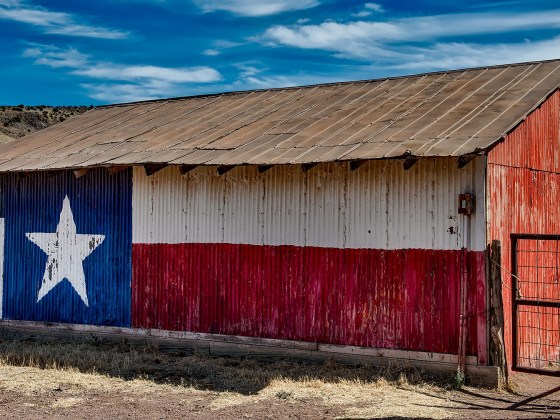
Journalists are being manipulated.
That’s the message from featured speaker danah boyd, principal researcher at Microsoft, who encouraged reporters in the opening plenary at ONA18 to be more cautious of exploitation.
“Our democracy depends on you realizing that you’re being manipulated,” said boyd, who’s also founder and president of Data & Society.
Wearing a blazer stamped with newsprint at her session, “Media Manipulation, Amplification and Responsibility,” she warned journalists of the dangers posed by extremists.
boyd, who does not capitalize her name, cited three strategies that manipulators use to control the news media. The first is creating a spectacle – often using social media – to attract media attention. By making a scene, manipulators are able to influence news media coverage.
The second is using key phrases to drive searches. When readers search a phrase that isn’t widely reported, it’s more likely that the results will be populated with conspiratorial information, boyd explained. This is known as a “data void.” And when journalists use extremist phrases in their reporting, they drive searchers to data voids, said boyd.
The third strategy, according to boyd, is “becoming a digital martyr to radicalize others.” She defined digital martyrs as those who don’t follow the rules on social media, pushing the limits until they are banned from a site.
“The goal is to drive a wedge into the public,” she said. “When that is the goal, it’s not hard to encourage people to see bias.”
Language is powerful, boyd said, and the best way to resist extremism is to be mindful of the language used to report on it. She advised journalists not to use keywords spread by extremists. Before using a term, type it into a search engine. If the results are laden with conspiracies, boyd recommends altering the phrasing.
Journalists don’t need to give a voice to extremists, boyd said. She read a line from the First Amendment, emphasizing the word “Congress.” The amendment states that Congress shall not make laws abridging freedom of speech, the press, religion, etc.
“The first amendment has turned into a colloquial notion that no one – not the news media, not social media, not teachers, not conference organizers, not universities – shall engage in any act that in any way limits anyone else’s ability to speak. … That’s absurd. No one of us is Congress,” boyd said.
“Choosing what to amplify is not the same as curtailing someone’s ability to speak,” she said, triggering a scattered round of applause.
boyd also warned the audience to be wary of copycats when reporting on sensitive issues. For example, she doesn’t believe the word “suicide” should be published in headlines or push notifications. In addition, she said, stories should not describe how suicide victims died. Instead, she argued for suicide coverage to be a celebration of life.
Years ago, software engineers building social media didn’t foresee many of these issues, boyd said. She hopes that understanding manipulation will help journalists combat extremism by being more conscious about their editorial decisions.
“We didn’t realize that these tools could be used to gaslight publics. And no one was prepared for the degree in which these would become vehicles for cruel harassment,” she said.
Despite these concerns, boyd is confident that journalists’ intentions are in the right place.
“I’ve never met a journalist who entered their profession for nefarious reasons. I’ve also never met one of you who entered it to make money,” she said as the crowd chuckled.
Amanda Bright, a professor at the University of Georgia and ONA first-time attendee, agreed that journalists must be cognizant about the language they use.
“It’s hard to hear that, but it’s true,” she said. “And as journalists we are all about hearing the hard truths.”
Jay Bouchard, an online editor and reporter at 5280 Magazine in Denver, also took away that journalists must be more mindful about the phrases they use.
“I’d never really thought of reporting in that context,” he said, admitting that he is accustomed to using the language that drives the most traffic to his publication’s website. “It’s going to inform the way I think about keywords.”
Teaching others to recognize manipulation was one of boyd’s goals for the session.
“Help people connect to information. Help connect information to each other. Help connect people to each other. Build a social fabric,” she said. “At the end of the day, this democracy depends on you.”







You must be logged in to post a comment.